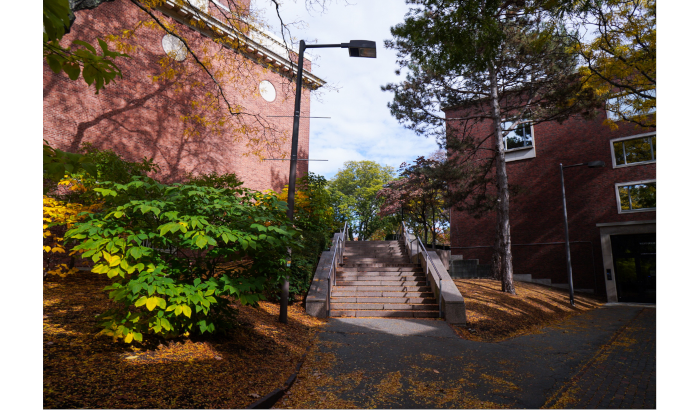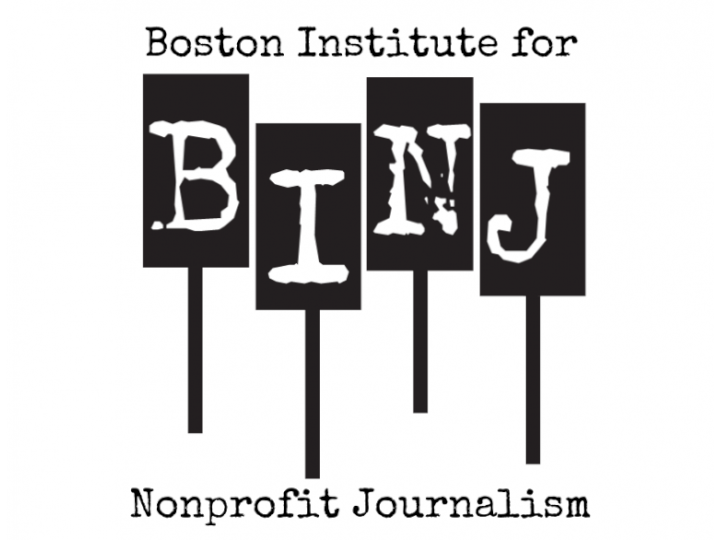No, Taxing Massachusetts’ Richest Colleges Will Not Bankrupt Them. Here’s Why.
The Bay State’s wealthiest universities such as Harvard and MIT pride themselves on educating the leaders and innovators of tomorrow. Despite their incomprehensibly deep pockets, however, they have refused to use that wealth to educate all of the future leaders and innovators they could.
This is why taxing their endowments, as the Endowment Tax (H.2824/ S.1834) would do, is such a great idea. This bill would transfer a tiny slice of these elite universities’ riches to the large public colleges that could use the revenue to benefit tens of thousands of students.
The bill would tax just 2.5 percent of the endowments of all Massachusetts universities whose endowments exceed $1 billion. Thanks to the sheer quantity and wealth of Massachusetts’ private universities, the ETA’s projected revenue would add up to over $2 billion per year according to the bill’s House sponsor Natalie Higgins (D-Leominster).
With that much money, Massachusetts could make all of its public colleges tuition-free: the Debt-Free Future Act (H.1265/S.823), which would do exactly that, would cost $1.8 billion, or slightly less than the Endowment Tax’s entire yearly revenue of $2 billion.
The elite universities it targets are not so happy about it, though. Representatives of Harvard University, MIT, and the Association of Independent Colleges and Universities in Massachusetts, have all warned the legislation would financially cripple these elite institutions. In the process, they warn, it would prevent them from conducting top-notch research, giving enough financial aid to promising students, and hiring qualified teachers.
“Colleges and universities increasingly rely on philanthropy and endowments to keep tuition down, provide financial aid, drive research and innovation, and support public and community service,” stated Sonya Hagopian, vice president of the Association of Independent Colleges and Universities in Massachusetts. “Targeting them will have the exact opposite effect for affordability and access.”
In a similar vein, the former Harvard president and Treasury Secretary Larry Summers worried that donors would give up on future donations with the belief the taxation would cancel them out anyway, once “confiscated by the state”.
But Harvard and its ilk are already so filthy rich that any additional donations would not help them do anything they could not already do. For all of these opponents’ whining about the potential harms to financial aid, passing the Endowment Tax would allow infinitely more students across Massachusetts to get financial aid by reducing if not completely eliminating tuition costs for public universities. Such increased affordability could even force Harvard and other private schools to compete with better financial aid offerings.
Still, critics like Secretary Summers argue that arbitrarily taxing non-profit universities opens the door to unchecked taxation that could threaten all non-profits’ existence. “It would be an entirely unreasonable attack on the concept of a nonprofit institution to levy anything like a two and a half percent tax,” said the former Harvard president. “That would represent about half the operating income that can be derived from the endowment.”
This claim also holds little water, as the Endowment Tax would not be some pandora’s box for taxing all non-profits into oblivion. The whole point of the tax is it would narrowly target universities hoarding billions, not small non-profits reliant on grants and donations. As I discuss in part 1 of this essay, a unique issue of these universities’ endowments is that much of their billions come from speculative investments in private markets, even though they insist they are non-profits.
Even then, the Endowment Tax is not onerous enough to stop them from getting even richer. The Crimson found that, if passed, the ETA would cost Harvard $14.6 billion by 2034. Tragically for Harvard, if we pass the Endowment Tax, the Cambridge university would have only $69 billion instead of the originally projected $90 billion. How will they ever manage?!
Harvard has so much money on its own that it could create entirely new campuses and educate tens of thousands of more students. To see how, as UC Merced economist Charlie Eaton, also the author of “Bankers in the Ivory Tower,” suggests, look no further than the University of California-Berkeley: the California public flagship regularly ranks among the greatest universities in the world, educates nearly twice as many students as Harvard, all while on a $7 billion endowment compared to Harvard’s $51 billion.
Refusing to use such vast wealth to educate more students – and more affordably – makes it very hard to argue these universities’ services are a “public good”. A true public good promises to benefit as many people as possible instead of a lucky few.
But the entire business model of Harvard and their ultra-wealthy peers betrays this promise: as Eaton points out, they purposely educate a fraction of the students they can in order to maintain prestige. Ironically, this comes at the cost of the original goal of educating students.
Since these ultra-rich colleges claim to be public-serving nonprofits, it is only right to take a sliver of their fortunes and use them to educate the tens of thousands of promising students they have refused to. By taxing just 2.5 percent of endowments over $1 billion, the Endowment Tax would be a drop in the bucket for Massachusetts’ richest universities, all the while making public college infinitely more affordable for everyone in the Commonwealth.
So if the Endowment Tax passes, even the universities getting taxed stand to benefit: they will finally get to say they’re supporting the public good.
Read part 1 of this essay here.
Liam Rue is a UMass Amherst rising senior studying political science and Spanish. He is also a volunteer communications worker for the Public Higher Education Network of Massachusetts (PHENOM), a Massachusetts nonprofit advocating for the Endowment Tax Act and other legislation aimed at improving the affordability and quality of Massachusetts public higher education.





